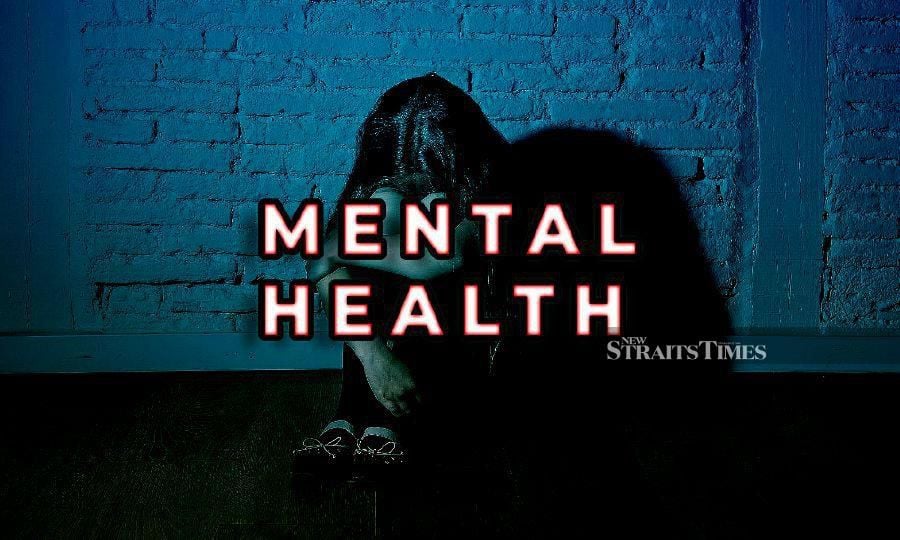KUALA LUMPUR: Recognising and addressing mental health issues in children early on can have a profound impact on their well-being and may prevent them from resorting to criminal behaviour in their formative years.
Professor Dr Sharifa Ezat Wan Puteh, a public health medical expert from Universiti Kebangsaan Malaysia, said prompt intervention was crucial, especially when children display concerning behaviours such as sexual misconduct.
She said it was essential for collaboration among parents, caregivers, and educators to identify and provide support for children's mental health needs effectively.
"Teachers should be vigilant and ready to connect with parents when they observe any signs of concern. Prioritising mental health in schools, universities, and colleges is paramount.
"They can also assist parents by identifying students at higher risk of mental health issues, such as smokers, children of single parents, those born into poverty, special needs children, and youth using substances like alcohol, cigarettes, or vaping.
"Reports of youths facing sexual discrimination, whether at home or school by family or friends, must be treated seriously. Unfortunately, many symptoms often go unnoticed due to a lack of time and attention, leading youth to spiral downward further," she told the New Straits Times.
Dr Sharifa was asked to comment on a statement from federal police Criminal Investigation Department director Datuk Seri Mohd Shuhaily Mohd Zain, who had said urgent attention must be directed towards addressing mental health issues among minors, given the escalating threat of child crime.
He had said crimes involving and perpetrated by minors, particularly those related to sexual addiction, often stemmed from underlying mental health problems.
He had stressed the necessity of collaborative efforts between law enforcement and medical experts to prevent these issues from worsening and harming communities.
Dr Sharifa also cautioned about the dangers of children being exposed to sexual addiction due to poor mental health from an early age, which not only puts them at risk of negative behaviours but also increases the likelihood of addiction to severe sexual diseases.
"Persistent exposure to harmful online content, especially pornography, can lead to poor mental health, sexism, objectification, sexual violence, self-exploration, and numerous other adverse outcomes.
"When children view pornography, mainly depicting abusive and misogynistic acts, they may perceive such behaviour as normal and acceptable.
"This normalisation can result in physical trauma, sexual abuse, unintended pregnancy, abortions, sexually transmitted diseases, HIV, and Aids."
As such, Dr Sharifa suggested that the government consider establishing a dedicated children's care line, providing a vital outlet for seeking assistance or simply sharing concerns.
"We require more of these centres, as the current availability of counsellors, psychiatrists, and psychologists is insufficient. These centres could serve as mediators, addressing the underlying causes of children's issues," she said.
She stressed the pivotal role of parents in setting positive examples through their lifestyles.
"This entails abstaining from drinking and smoking, managing stress levels effectively, and shielding children from exposure to inappropriate sexual content at home."
While acknowledging the existence of various child protection acts and regulations, Dr Sharifa noted that there is under-utilisation of such resources, leading some parties to overlook cases related to children's crimes.





